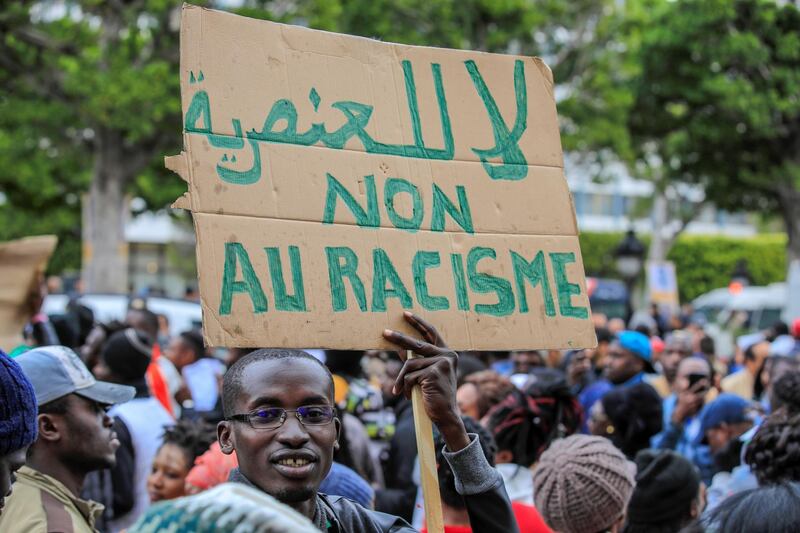In 1846, while still a vassal of the Ottoman empire, Tunisia became the first Arab and Muslim state to abolish slavery. However, the roughly 10 per cent of black Tunisians, some of whom are descendants of slaves, still regularly face abuse. That is why the nation's parliament voted in December to criminalise racial discrimination. And last week, the new Elimination of All Forms of Racial Discrimination Act saw its first conviction, when a Tunisian woman was handed a suspended jail term and fined for racially abusing her daughter's teacher.
There is still a long way to go to protect racial minorities in Tunisia. Since the law was introduced, the anti-racism group Mnemty has reportedly received daily calls reporting racist incidents. It must now be comprehensively enforced, in parallel with the awareness and training campaigns it mandates, to rein in discrimination against minorities. But it proves, nevertheless, that Tunisia is serious about tackling bigotry. In late December, in La Soukra, north of Tunis, the Ivorian anti-racism campaigner Falikou Coulibaly was stabbed to death. This incident was a grim reminder of the scale of the problem in Tunisia, generally seen as a place of tolerance and progress in its post-revolutionary period. It also had echoes of the murder of three Congolese students in a Tunis train station two years before. Meanwhile, the 2018 Afrobarometer survey found that black Tunisians are socio-economically disadvantaged, less likely to complete primary school or, later, own a car than their ethnically Arab neighbours, and twice as likely to be unemployed.
The first step is to acknowledge the problem. Although the Tunisian parliament has now done so, Faycel Tebini, a Tunisian MP, claimed before the vote that there was "no racial discrimination in Tunisia", and many ordinary Tunisians will no doubt agree. Clearly, more must be done to stamp out this mentality. There is, quite simply, no place for racism in modern societies. Tunisia's anti-racism law, if properly enforced, marks a great stride towards stamping out such attitudes, once and for all.





